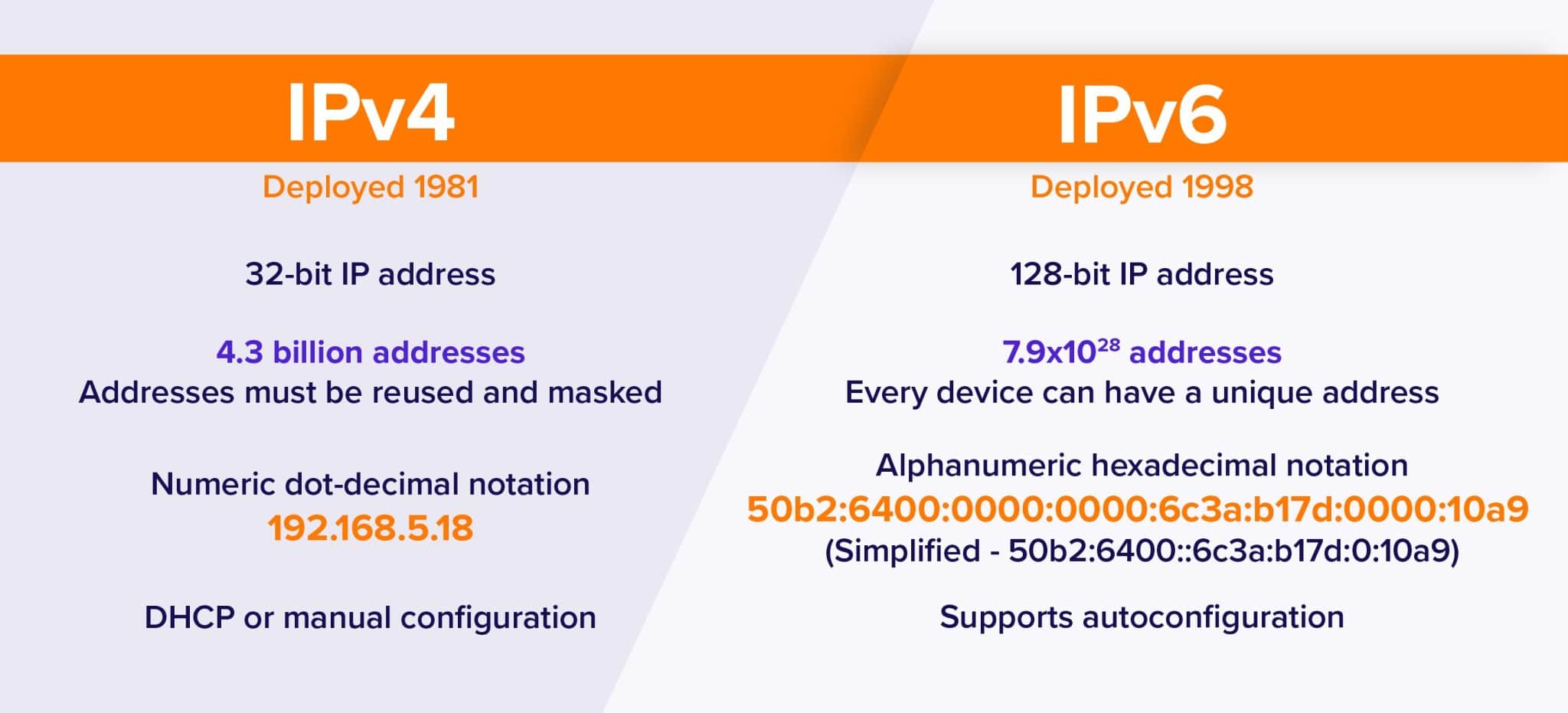The IP address (Internet Protocol) is a unique number that identifies a device on a network. It is assigned by ICANN (Internet Corporation for Assigned Names and Numbers), which manages IP addresses worldwide.
Your IP address acts as your license plate on the Internet. It consists of a series of numbers separated by dots (IPv4 standard), or numbers and letters (IPv6 standard).

It allows devices to connect to each other or to exchange data over a local network and the Internet. Your IP address is linked to the domain name of your site, which helps your browser to display it.
IP addresses can also be used to identify or geolocate users. For example, Google uses your IP address to suggest results located around you when you type “cheap Italian restaurant” in the search bar.
Thanks to their IP address, you will be able to identify and eventually block certain visitors when you moderate comments.
WordPress keeps track of the IP addresses of visitors to your site who leave a comment. To comply with the GDPR (General Data Protection Regulation), we recommend to use an extension like Remove-IP to disable the recording of IP addresses on your site.




